Coffee Chat with WWA Parent Committee Member: On Being Inspired by the Community
Since its launch, Dulwich College Beijing's Worldwise Academy has been bringing together many students and parents within the community to collaborate.
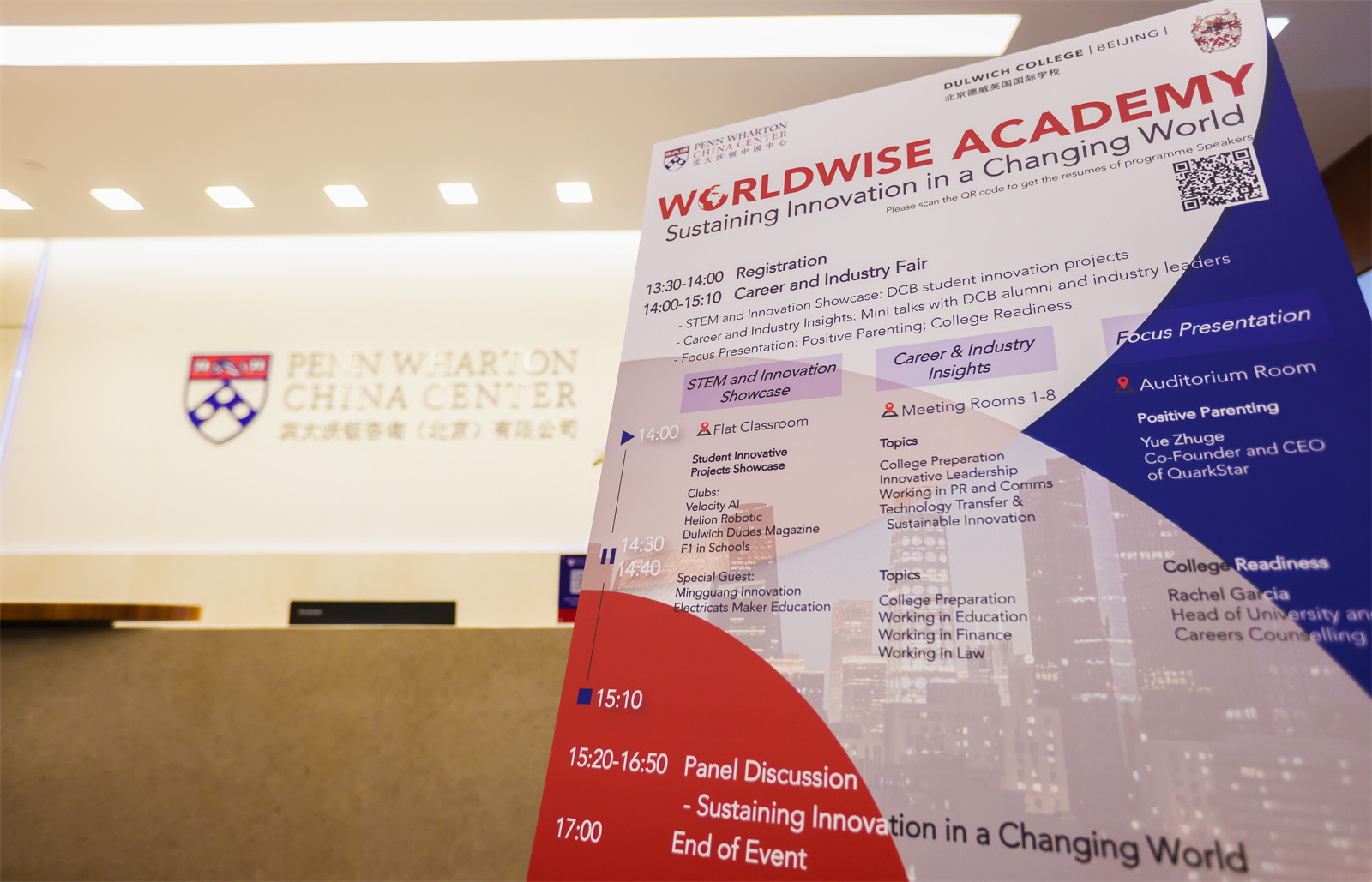
The Worldwise Academy – winner of 2022’s International School Awards for Pathways to Continued and University Education – builds bridges between students, parents, teachers, and the world of work, helping students explore their passions, make connections, and further progress on their career paths. Parents participating in the WWA events also have their own reflections on such community collaborations.
We had the honour of interviewing Dr Jiang Yi, Executive Director of the Sustainable Innovation Initiative at Tsinghua University, who has also been a parent committee member since WWA's launch. Dr Jiang talked about her understanding of the DCB community since participating in WWA as a speaker, as an audience member, and as a parent. According to Dr Jiang, she was greatly inspired by the personal exchanges with other community members. She also encouraged DCB's young students to continue to be open-minded, welcome conversation, and pursue the inspiration that brings sparkles to their eyes.
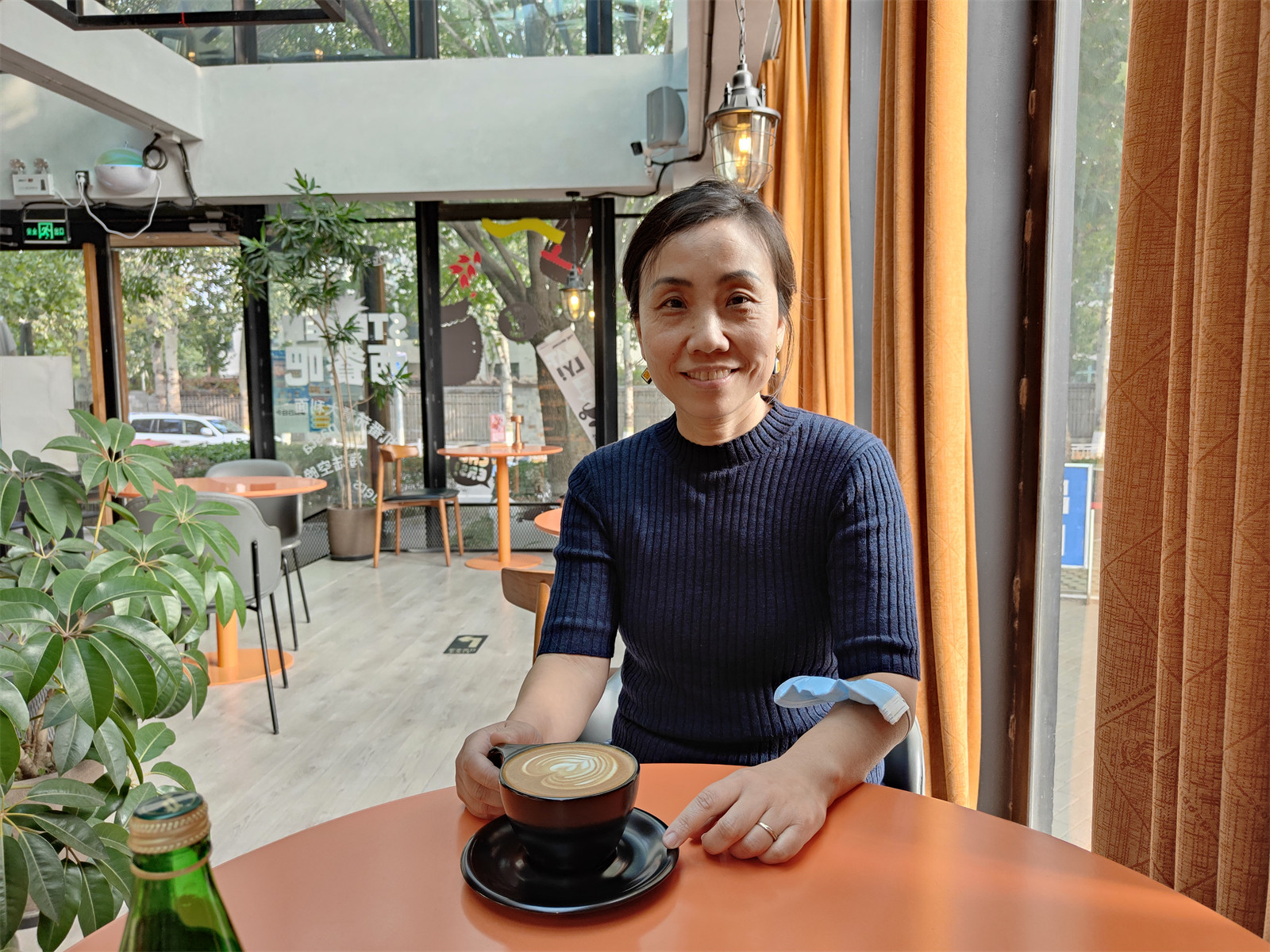
1. What drives you to be on the WWA committee?
I am a parent of two children and have always been very interested in the activities of the DCB community. But I was not participating in many of the activities because of my busy work schedule and because I wasn’t sure how I could contribute.
Four years ago, I was swapping schools for my two daughters and I got to meet with DCB’s school leaders, including the now Director of Government Affairs, Ms Qin Xiaoxiao. We exchanged ideas about our views on education and how it influences students at different stages. So when DCB decided to launch WWA, the school leaders sent me an invitation. The theme of this project surrounding career development attracted me right away. I thought my reflection in the field of Science and Technology could somehow contribute to it, so here I am.
2. As a long-time DCB parent, how has joining the WWA Committee impacted your view towards the DCB community?
Although I've been a parent of Dulwich College Beijing for many years, I had not been deeply involved in this community before. I have always thought fondly of DCB's philosophy. Still, it was not until joining WWA, through in-depth collaborations with teachers, other parents and students, that I genuinely experienced the community culture of DCB.
Behind the curtains, everything that happens in the DCB community requires tremendous unseen efforts. During preparation for this year's WWA summit, Ms Qin communicated with me four times. The entire process involved many unseen ups and downs. I got to experience first-hand the DCB Community as an important ecosystem. By providing a platform for parents from different industries to meet and collaborate, WWA has also facilitated the community to develop and grow.
I spoke at WWA events while my elder daughter, who is now in university, presented about College Preparation at a recent event. Many parents were intrigued by this topic and exchanged ideas. We sincerely thank WWA for such opportunities.
Surprisingly, I didn't expect that some seemingly simple topics such as Why Students Should Learn Chinese, would resonate strongly with other community members. Everyone got to sit down and have meaningful conversations about how understanding the Chinese culture is an integral part of globalisation.
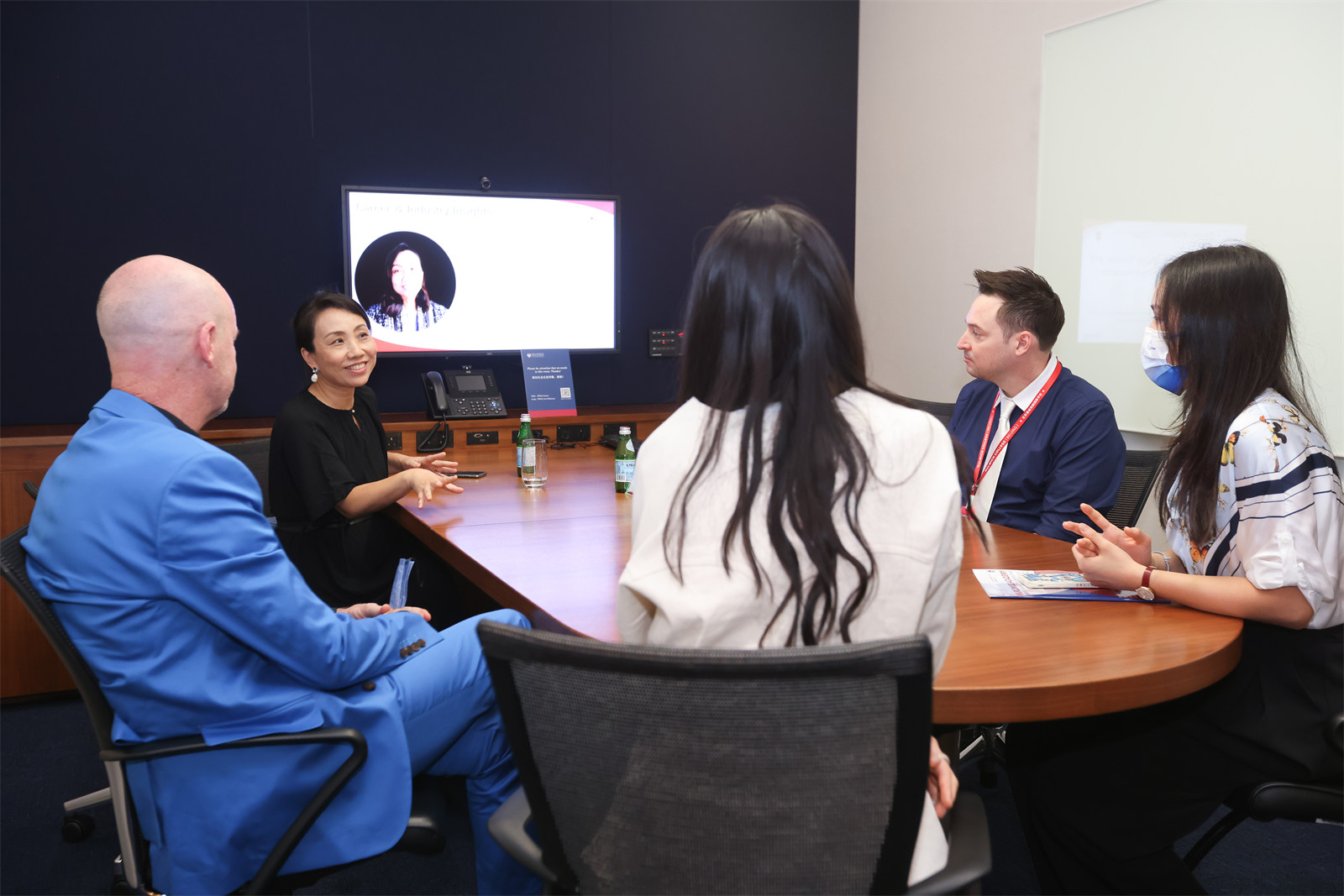
3. Has the WWA influenced your personal or professional life in any way?
For sure it has. I made many friends at WWA events including speakers, audience members, and DCB staff. At a previous WWA event I met a parent speaker on the panel, and later stayed in touch. We are establishing collaboration in the field of structural innovation.
At this year's annual summit, I connected with teachers from the University of Notre Dame and the Keynote Speaker Dr Zhuge Yue. My daughters are slightly younger than Dr Zhuge Yue's children, and we are both Tsinghua alumni. We started to talk about university application experience, and now we are exchanging ideas on educational development. I also connected with DCB teacher Yosef Karasik and discussed cooperation projects with Israel. He attended the Israeli forum at Tsinghua University as a guest. I never imagined that I would make connections in my children's school community that have meaningful impacts on my own career.
4. Over the past three years, have you witnessed any development or changes in WWA?
WWA has grown to be more diverse. There are more ways for both students and parents to get involved. The collaboration in WWA has also become more dimensional. Compared with three years ago, WWA activities now are more like a comprehensive expo.
I also witnessed that the community is constantly changing. I remember that the first WWA events were English-only events. Recently, WWA has become bilingual, and there are even interpretation devices on site. The change itself is objective, and it also brings new opportunities. More parents now get to share their industrial expertise in the language they are comfortable using for an in-depth conversation. In this year’s annual summit, Dr Chi Yufeng shared many intriguing ideas, and you could see from the response of the audience it worked well.
5. As a professional in higher education, what do you think of the educational significance of WWA to students?
Education takes place everywhere. Educational work is a silent process of nurturing growth. For example, we work with experts in Israel to help Tsinghua professors promote technology applications. Many young people joined us along the way, including graduate and doctoral students. While discussing a potential technology application with the professionals, you can see that those students are learning and proliferating.
DCB students are much younger, which means the growth is more subtle. My two children both participated in WWA activities. When my younger daughter applied for a student leadership position, I could see that her application touched on many observations and insights from WWA activities, then processed and explained with her own understanding. Students are not always instantly inspired by a WWA event, but it is extremely valuable to be immersed in such an educational environment, discussing social and industrial topics with parents and peers.
During the process, the students absorbed a lot of information. At some point in the future, when the time is right, this information, together with students' own ideas, will grow into something incredible.
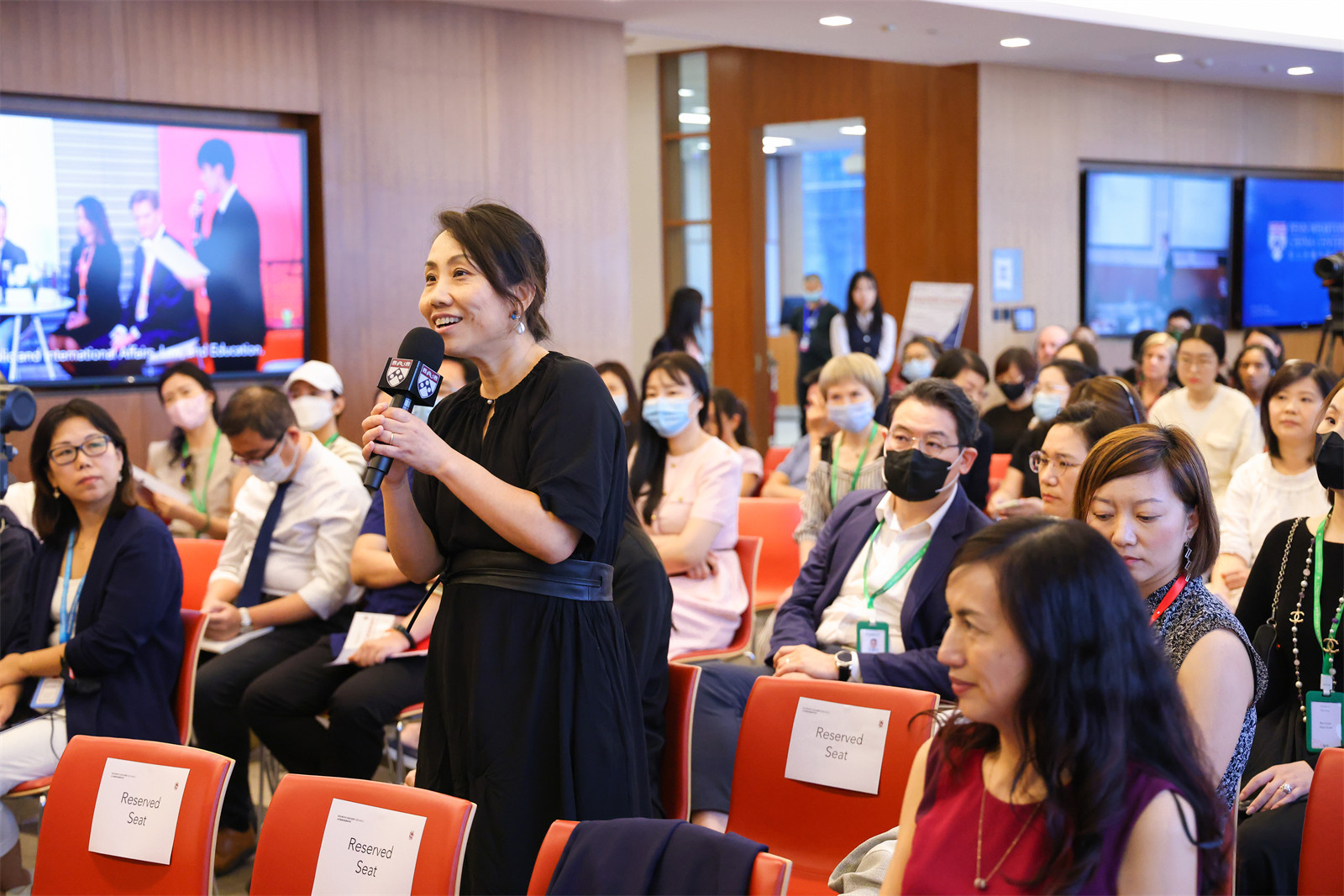
6. Do you collaborate with the WWA student committee members? What do you think of students’ role in this program?
I do have a lot of communication with DCB students during WWA events. In my work, I usually communicate with graduate students, DCB students are younger, and they have slightly different points of view. I value the opportunity to connect with the younger students.
At first, I observed that the students hosting or leading panel discussions did very well on the stage. Later on, Ms Qin told me that students prepared the sessions and the questions themselves, which was entirely unexpected. Everyone did very well – from the Head Boy, Head Girl, Prefects, or other students participated in WWA sessions. The student-led approach is very meaningful, truly showing the student leadership in DCB.
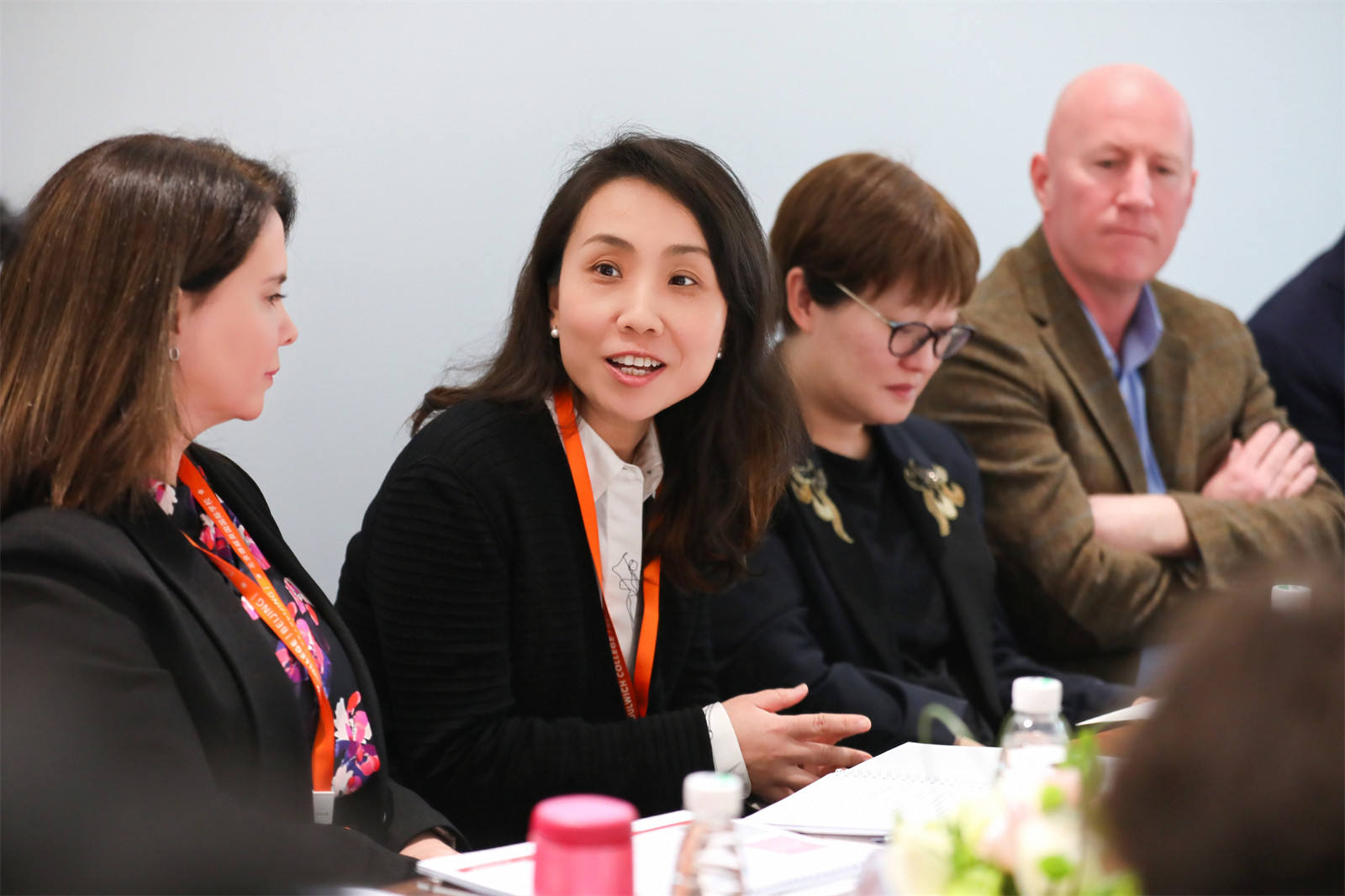
7. What have you found most impressive in WWA over the past few years?
I'm in the field of Science and Technology. Although I’ve experienced life and work overseas, the perception of the community attribute that comes with WWA has inspired me greatly.
For example, I brought the interpretation of Sustainable Innovation from the WWA summit to Tsinghua's cooperation projects. In the past, we read the phrase Sustainability and Innovation separately, but in fact, the two concepts have deep interactive meanings, and an underlying interpretation is Heritage and Innovation. One of our innovation touchpoints in Tsinghua is to innovate from heritage with a global mindset. So we do not only work on international sustainable innovation projects but also inherit past innovations and find applications in the new era. This interpretation from the community's perspective is inspired by my participation in WWA activities.
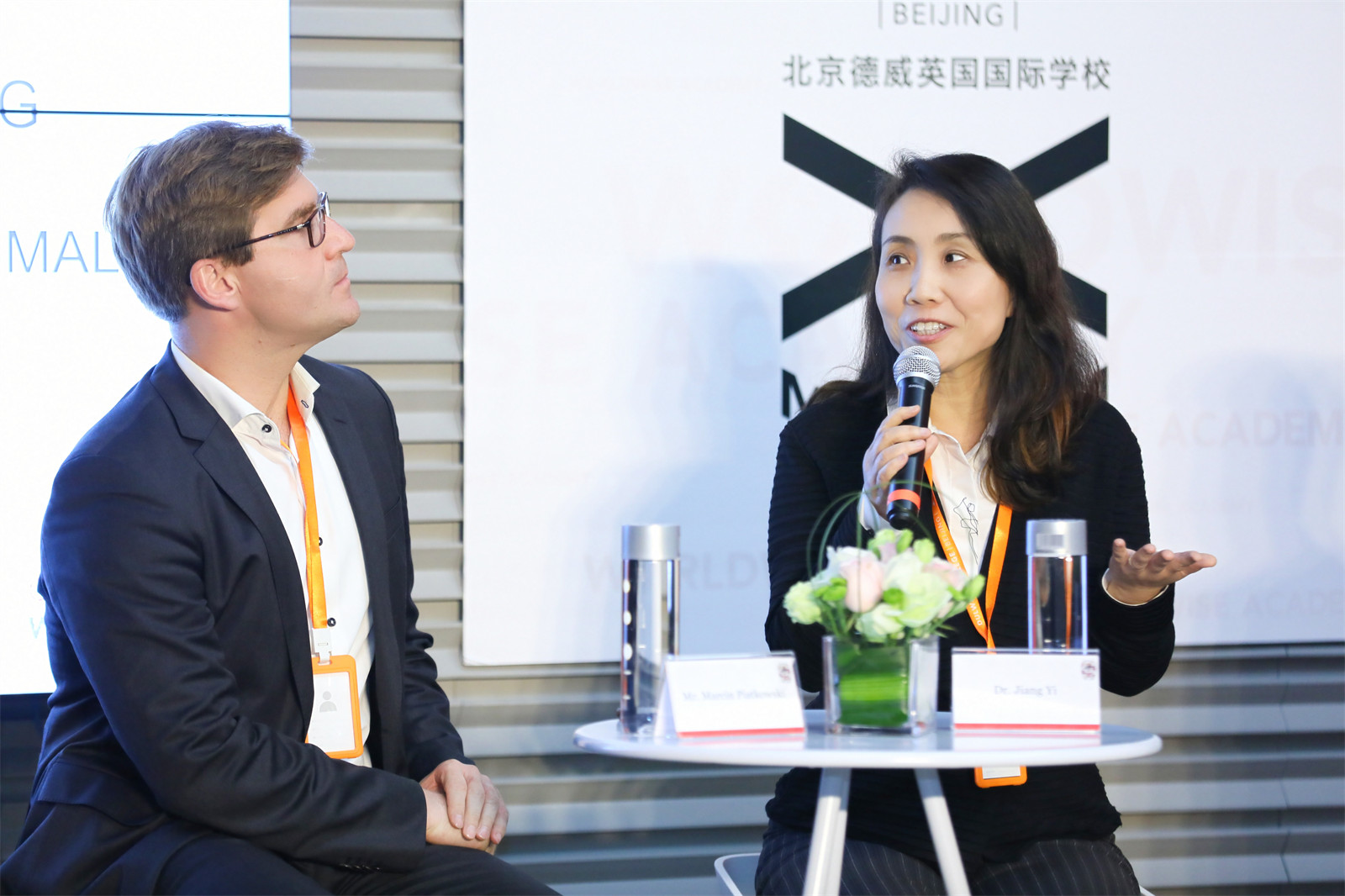
8. You gave a lot of pertinent advice to young people in WWA activities. In an environment filled with uncertainty, what is your advice for the future development of DCB students?
My advice is to pursue the things that bring sparkles to your eyes.
I'm working on a collaborative curriculum with Harvard University on topics related to Climate Change and Sustainable Innovation. Many students participating in the course are traditionally Science and Engineering majors, who may have little thought about globalisation and sustainability. When we kicked off this curriculum, students were not exactly passionate about it. But as the course went on, students' interests began to form, and they started to generate their own ideas.
Followingly, there will be international exchanges and cooperation with Hong Kong schools with Harvard. You can see students' eyes light up when talking about these potentials. Anyone in education should understand the great potential and energy behind the bright eyes of students.
Similarly, DCB students will go to a far bigger world in the future. Many things changed in the past three years, and perhaps young students nowadays feel disconnected from the world. I suggest young people keep an open mind, try to communicate, do what excites them, and pursue the things that bring sparkles to their eyes.
Learn more about Worldwise Academy by clicking here.








